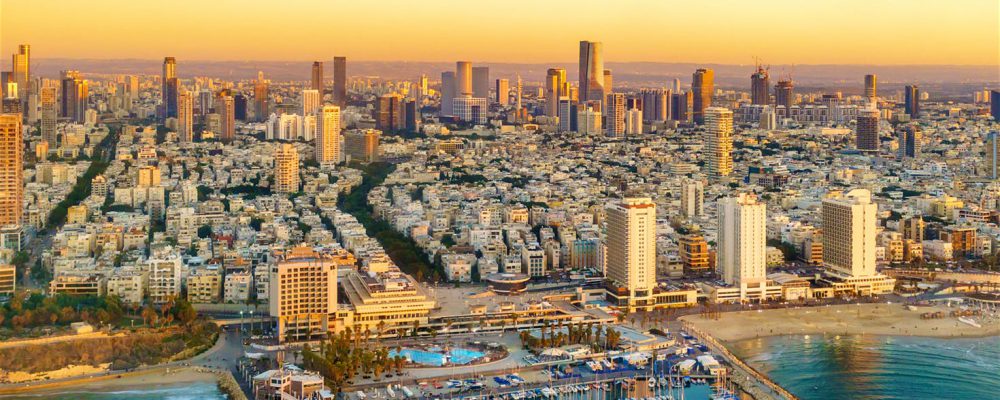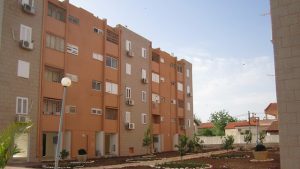Sustainable Cities and Communities


SDG-11-Israel - Home of City-Tech
It’s no secret that the country known as the Start-Up Nation has taken the lead in developing advanced solutions in everything from homeland security and Information & Communications Technology (ICT) to transportation, water, energy and waste and healthcare technologies. Now these solutions are being applied to create more sustainable cities, or more aptly – Smart Cities.


It all has to start somewhere. R&D Institutes, governments programs that allow commercialization of research, and municipalities of different cities together provide an ecosystem for the production of various technologies. For example, The Library is an urban accelerator run by the municipality of Tel Aviv with private funding, in collaboration with several companies. The Library is responsible for the birth of several startups, including BreezoMeter, a company that developed a location-based mobile app that shows the user air pollution levels in real time.
The main government agency related to startup funding is the Innovation Authority. Together with the Prime Minister’s office, the Fuel Choices and Smart Mobility Initiative was launched – a national program for alternative fuels and means of transportation with the aim of establishing Israel as a leader in industry and research for smart mobility.
Starting with transportation, the biggest problems in Israel are congestion, car accidents, lack of parking spaces, and even overcrowded public transportation. It goes without saying that the air pollution produced by transportation is unsustainable. Apps developed by Israeli startups – like Waze and Moovit – rely on crowdsourcing technology to minimize congestion on roads and on public transportation. Waycare, another new app, utilizes big data to predict hazard and accidents on city roads in order to mitigate accidents. Eyfo is an app that allows city residents to share their own private parking spots with the larger community.
Another major challenge faced by Israel cities is emergency notification. There are several new Israeli companies that provide solutions for emergency response based on mobile app technology. Reporty, NowForce, OCTOPUS and Savyu are a few of those that have been able to reduce response times by security organizations, as well as coordinate multiple first responders.
In the area of security, AI is now being used to analyze videos, as well as to detect real-time events such as overcrowding, unclaimed bags, tailgating cars, etc. BriefCam is a new company that developed an image processing technology that summarizes hours of full-length video.
Within buildings and on streets, smart technologies are now being utilized to reduce electricity and other running expenses. For example, Metro Control, Gaash and Juganu are all companies that have developed lighting fixtures that are connected to WiFi and can program the times, locations and parameters for the fixtures to operate. Another company, Bright, has developed a network of connected streetlights that optimizes their optical, thermal, and electrical aspects.
Water and energy are probably the most demanding issues for cities. Eddy, an app developed by Flux, can monitor plants and send data and guidance to small (city) farm holders. For drinking water there is now Woosh, which provides smarter water fountains that include a water purification system and bottle-cleansing system for reusable bottles. Companies such as Flowless, Aqua Rimat, and TaKaDu have developed solutions for smart water management and control for private homes and businesses, helping prevent water waste with real-time leak detection and alerts, automatic system shutdown and continuous monitoring of water consumption. Roughly 90% of Israel’s wastewater is reused, thanks to companies like CleaRivers and WellToDo. IDE Technologies runs Israel’s largest desalination plants (and 400 more around the world) to increase the availability of water in cities. Regarding energy, SolarWat is a company that is providing a photovoltaic module for solar energy, making it cost effective and universally applicable to utilities, rooftop solar, sidewalks, and roads. Blue Sphere transforms agricultural, municipal and industrial waste into electricity, natural gas, compost, and other byproducts.
Believe it or not, this is only a small drop in the bucket of high-tech companies and products that are turning Israel’s cities into smart cities.


SDG 11- The Sustainable Group — A Village in A Box-By Dr. Eitan Eliram Lead Innovation Strategist July 2024
Sustainable Cities and Communities When Jonathan Haran and Victor Haym Hajaj look around the world they see beauty and majesty; buy they also see what


SDG 11- Amidar – Affordable Public Housing in Israel-By Dr. Eitan Eliram Lead Innovation Strategist May 2024
Sustainable Cities and Communities Over the decades, Israel’s housing sector has dealt with rapid changes in the physical, economic, and social aspects of the country.


SDG11- Salamandra Zone – A Breath of Fresh Air in Urban Living-By Dr. Eitan Eliram Lead Innovation Strategist Feb 2024
Sustainable Cities and Communities In a building fire, whether commercial or residential, the common and even legal response is not to enter the elevator. In


SDG 11- Cycling for Good Health and Healthy Cities-By Dr. Eitan Eliram Lead Innovation Strategist May 2024
Sustainable Cities and Communities SDG 11- Cycling for Good Health and Healthy Cities What if you could actually enjoy fresh air every day of the


















